Deception in journalism can occur in various ways, such as through a writer’s bias, withholding of information and inaccurate research. More controversial methods journalists have employed is the use of hidden recording devices and concealing their identity in order to investigate a story. These two aspects of undercover journalism are at the focus of this explainer.
The Media Entertainment and Arts Alliance Code of Ethics
There is an expectation for journalists to operate ethically when reporting. This notion is underpinned by the Media Entertainment and Arts Alliance (MEAA) 12 codes of ethics for journalists to abide to.
1. Report and interpret honestly, striving for accuracy, fairness and disclosure of all essential facts. Do not suppress relevant available facts, or give distorting emphasis…
MEAA Code of Ethics
When a reporter is undercover or employing hidden recording devices the individual they are researching is unaware that they are being investigated. This leads to dishonest reporting. In addition, much like ‘normal’ journalism, undercover journalists may be tempted to manipulate audiences by suppressing certain facts or evidence that they may not find ‘relevant’ to the story, or that falters their stance. Consequently, the journalist can either be intentionally or unintentionally giving audiences a distorted emphasis of one parties side of the story. Each of these aspects contradict Code 1 and highlights the unethical imputations deceptive coverage can cause.
8. Use fair, responsible and honest means to obtain material. Identify yourself and your employer before obtaining any interview for publication or broadcast. Never exploit a person’s vulnerability or ignorance of media practice.”
MEAA Code of Ethics
As previously mentioned deceptive reporting generally means that the subject is not informed that they are being investigated. Therefore, it is arguably an unfair and dishonest “means to obtain material”. This being as an undercover journalist would most likely not identify themself or their employer, which contradicts what Code 8 states as the ethical means of practice. In addition, during concealed journalism an individuals “vulnerability…of media practice” may be exploited, due to the notion that they are oblivious to the fact that they are being reported. Each of these aspects contradict Code 8.
Essentially, a journalist deceptively conducting their work is not adhering to the MEAA Code of Ethics, which gives weight to the stance that deceptive journalism is unethical. The entire MEAA Code of Ethics document can be found here.
The Australian Press Council Statement of General Principles
Another important component to examine when reviewing the ethics of deceptive journalism is the Australian Press Council (ACP) Statement of General Principles. This document contains binding principles on publications and promotes acceptable, ethical standards of media practice.
5. Avoid intruding on a person’s reasonable expectations of privacy, unless doing so is sufficiently in the public interest.
ACP Statement of General Principles
7. Avoid publishing material which has been gathered by deceptive or unfair means, unless doing so is sufficiently in the public interest.
ACP Statement of General Principles
When undercover journalism is conducted and hidden recording devices are utilised both principle 5 and 7 are not being complied with. This being as; an individual’s privacy is not being adhered to and because information collected through “deceptive or unfair means” is being distributed.
However, both principles highlight the notion of reporting in relation to ‘public interest’. This concept is a common argument against deceptive journalism being entirely unethical as it begs the question; is deception acceptable when it is for the greater good of the public?
Public interest
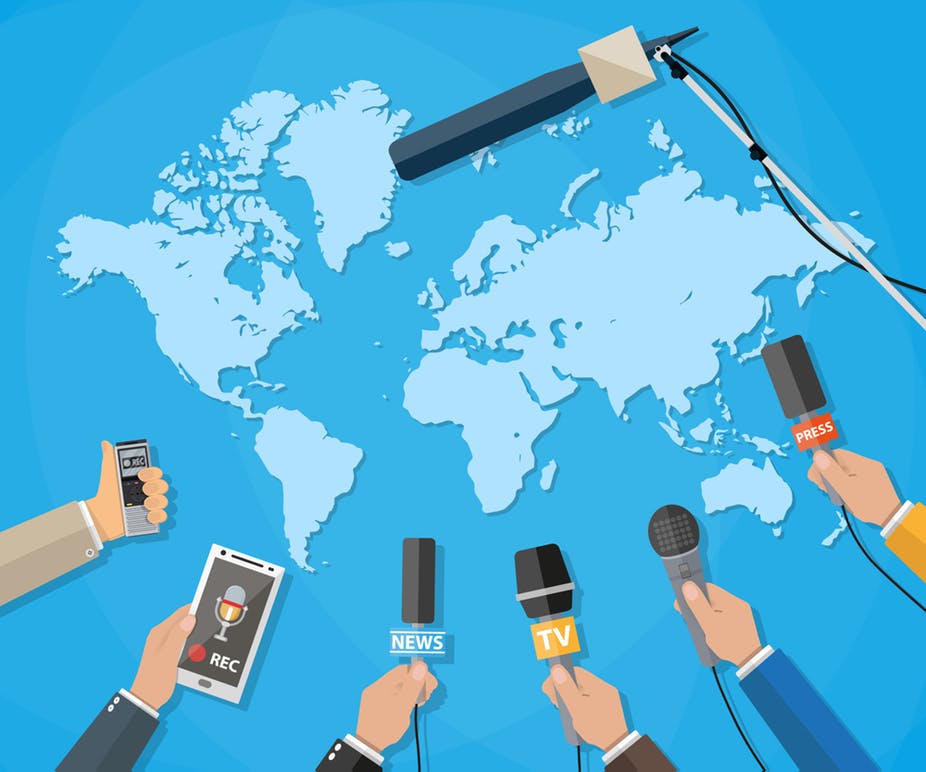

Defining ‘public interest’ is difficult as it is a complicated idea. This being as, it is essentially determined by the context of a situation and what one accepts as public interest varies between individuals. In addition, public interest develops accordingly with society’s values and ‘norms’ making it ever changing. As a result, when a journalist is investigating or publishing a story they are the one making the call about whether or not the story is public interest. Subsequently, a controversial story where deceptive journalism is employed to uncover information often creates heated debate over whether or not the deceptive reporting style is overpowered by the needs and interest of the public.
How to Sell a Massacre
Al-Jazeera’s 2019 two part documentary, ‘How to Sell a Massacre’ is an example of deceptive journalism causing major ethical debate. The three-year undercover sting operation exposed two members of the One Nation party meeting with the National Rifle Association (NRA) and other lobby groups in America. There they discussed seeking up to $20 million dollars to fund their election, in return for promises that they will loosen Australia’s legal firearm restrictions. In this case the reporters deceived the One Nation members by using a concealed identity and hidden recording devices, in order to receive critical information politicians.
One question of ethics regarding the operation is whether the journalists meddled in the situation. This being as, whilst undercover the investigator, Rodger Muller assisted in creating some of the events that occurred. Subsequently, this means that Muller was no longer just reporting, but becoming involved in the scenario. Furthermore, some individuals believe this matter delves somewhat into the concept of entrapment. However, it was indicated that although the contact between One Nation and the NRA was enabled, the ambition to meet the US gun lobby already existed before meeting Muller. This was highlighted in Muller’s account of the experience found here.
Another matter of concern refers to whether the extensive involvement of hidden cameras is ethical. There are arguments claiming that the surveillance is a breach of privacy whereas, others believe that the ends justify the means. Meaning that, the use of hidden cameras was essential in exposing a story that undeniably had public interest. This being as, it involves a publicly funded political party discussing manipulating the public in an attempt to soften gun laws, despite the success of the current system following the 1996 Port Arthur Massacre. As well, it is clear that the One Nation members were aware what they were doing was wrong and unethical, evident through James Ashby’s constant reminder to be extremely secretive. Another thorough discussion about the ethics of this situation can be found here.
So is undercover journalism and the use of hidden recordings ethical or not?
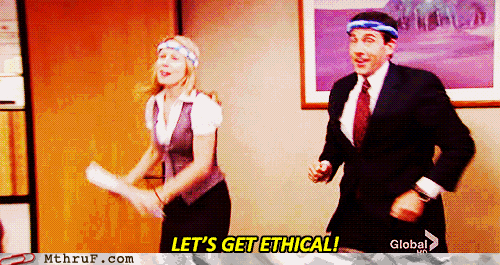
It can be argued that it’s hypocritical for journalists to pride themselves on being honest however, lie in order to expose truths. On the other hand, individuals also highlight that in doing so journalists uncover important truths that would otherwise be kept under the radar, such as abuse endured at hospitals. In addition, some individuals believe that putting the good of the public at the forefront is crucial and that consequently stories conducted in public interest are exceptions. Whereas, other individuals do not inherit this ‘the ends justify the means’ attitude and believes it crosses a line. Another point made in relation to ‘the ends justify the means’ is; if what is being reported is unethical or unacceptable then isn’t it good that it is being exposed.
Essentially, there are evidently compelling arguments for both sides however, it is overall up to an individual to decide whether or not they themselves find this practice ethical, unethical or both.
Why is this important?
Ultimately, it is important for both professionals and ordinary individuals to be aware of the effects and ethical concerns these forms of deception can have. This being as, it ultimately affects the media they consume and the laws that are adjusted or implemented to address these issues (e.g. Surveillance Devices Act 2016). Audiences should be aware that journalistic deception occurs and consequently should pay attention when they themselves may be deceived or manipulated.
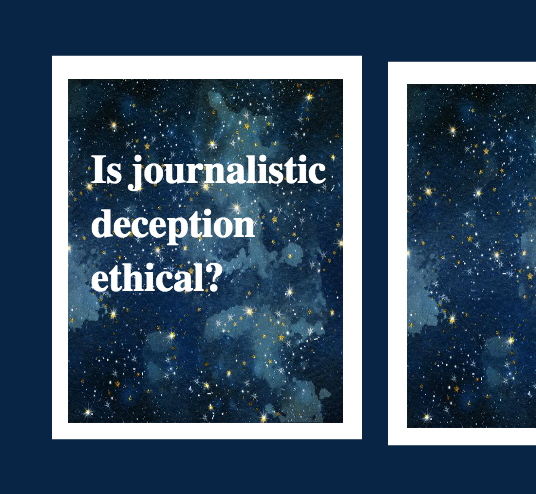
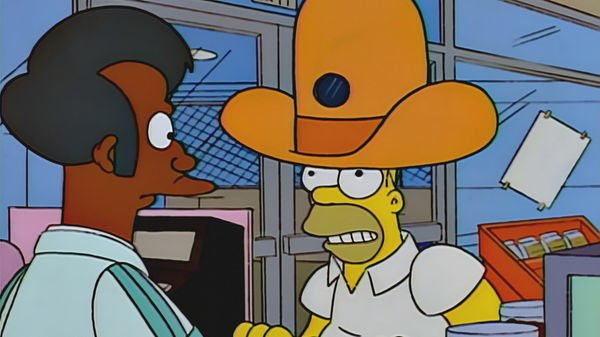

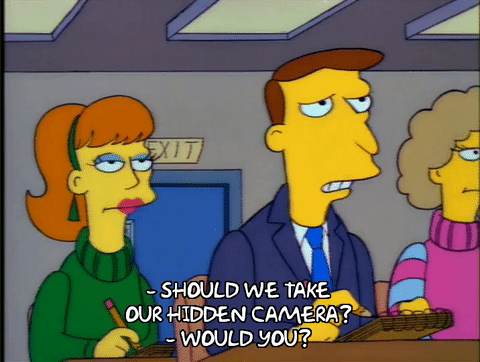

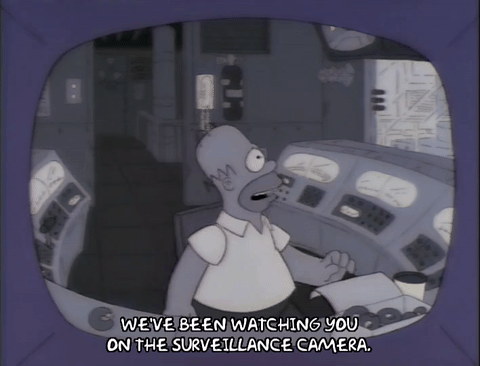
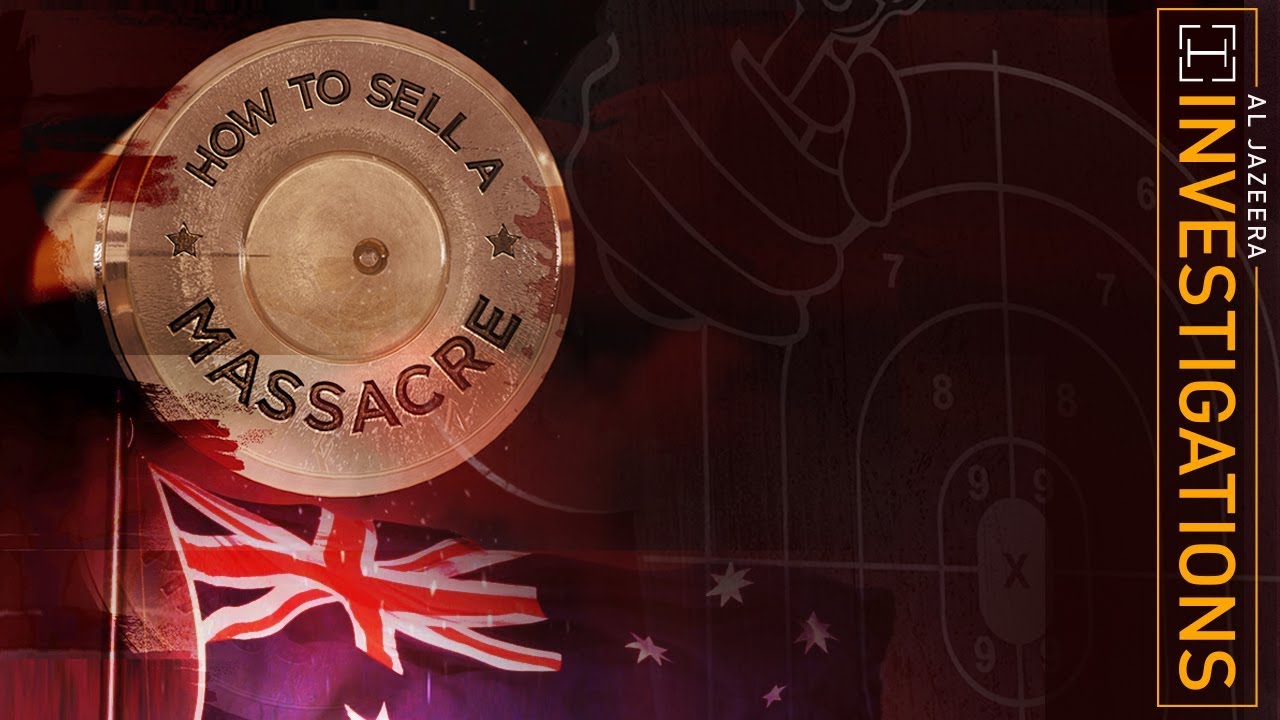
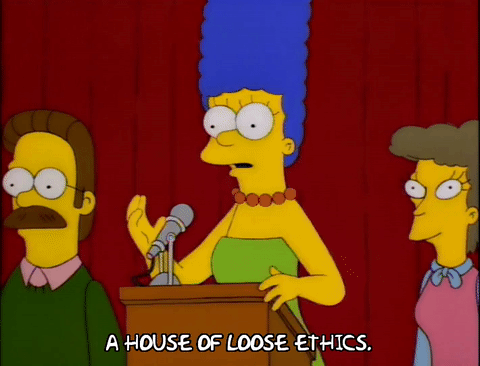
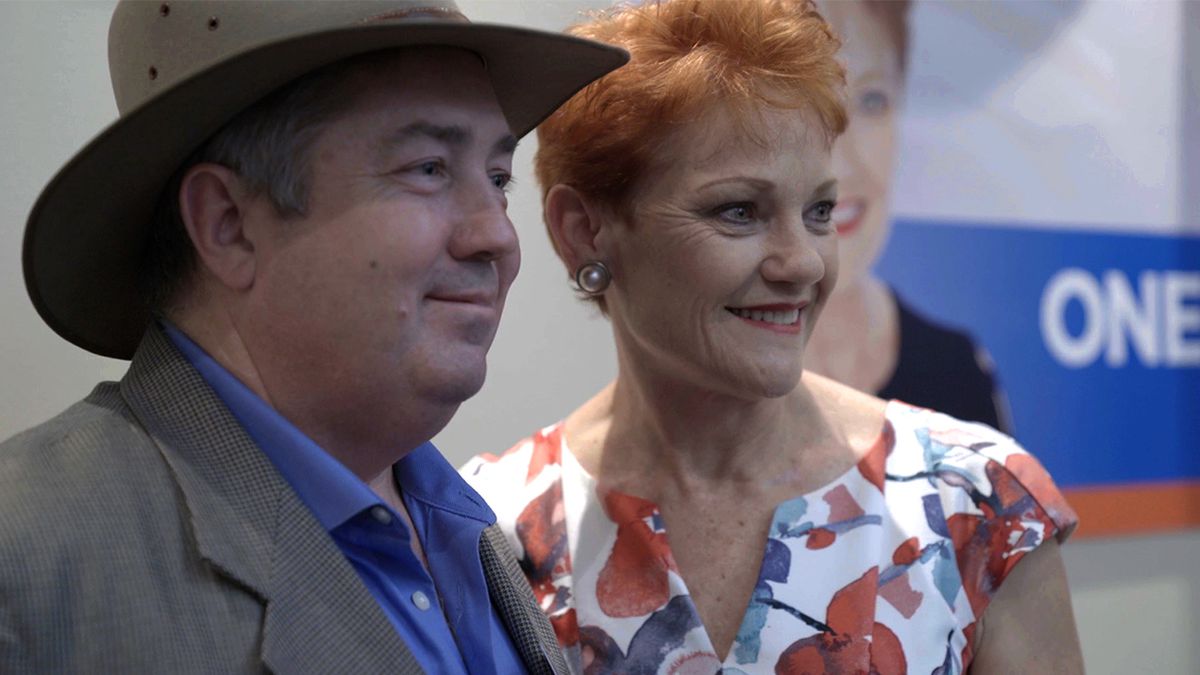
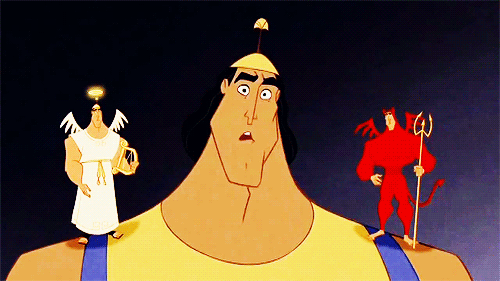
Leave a comment